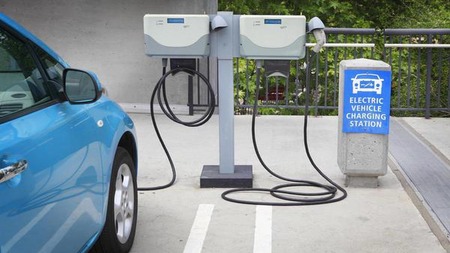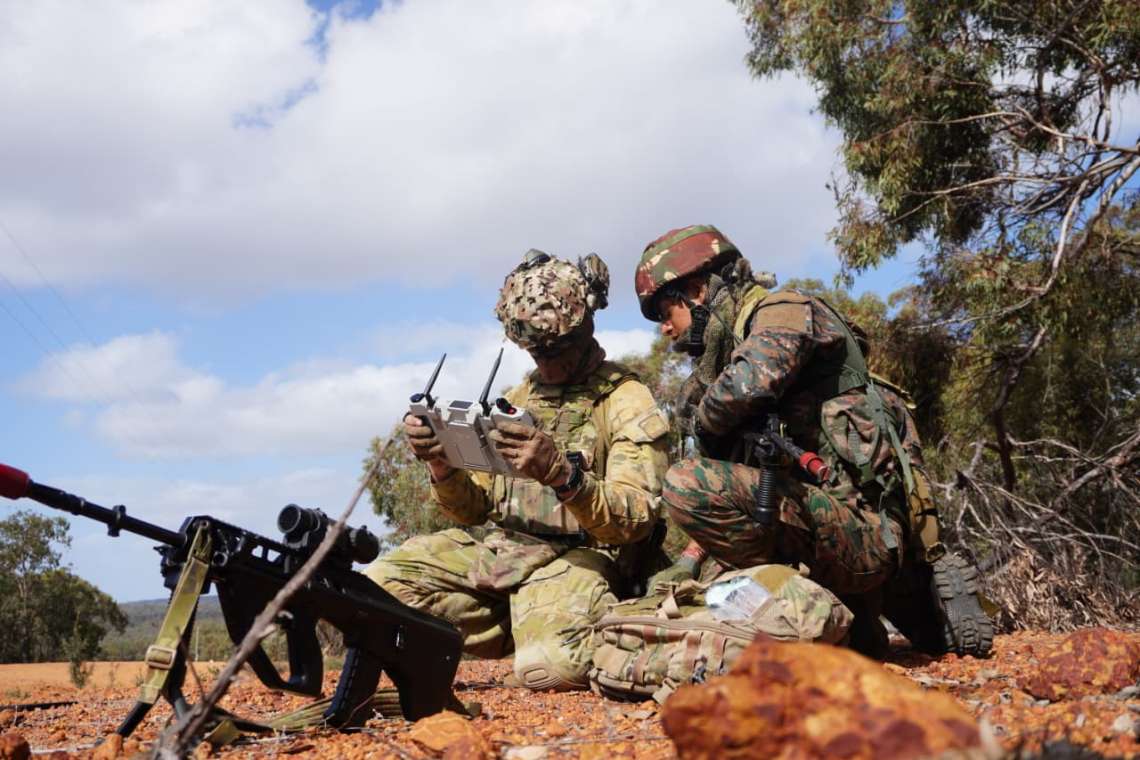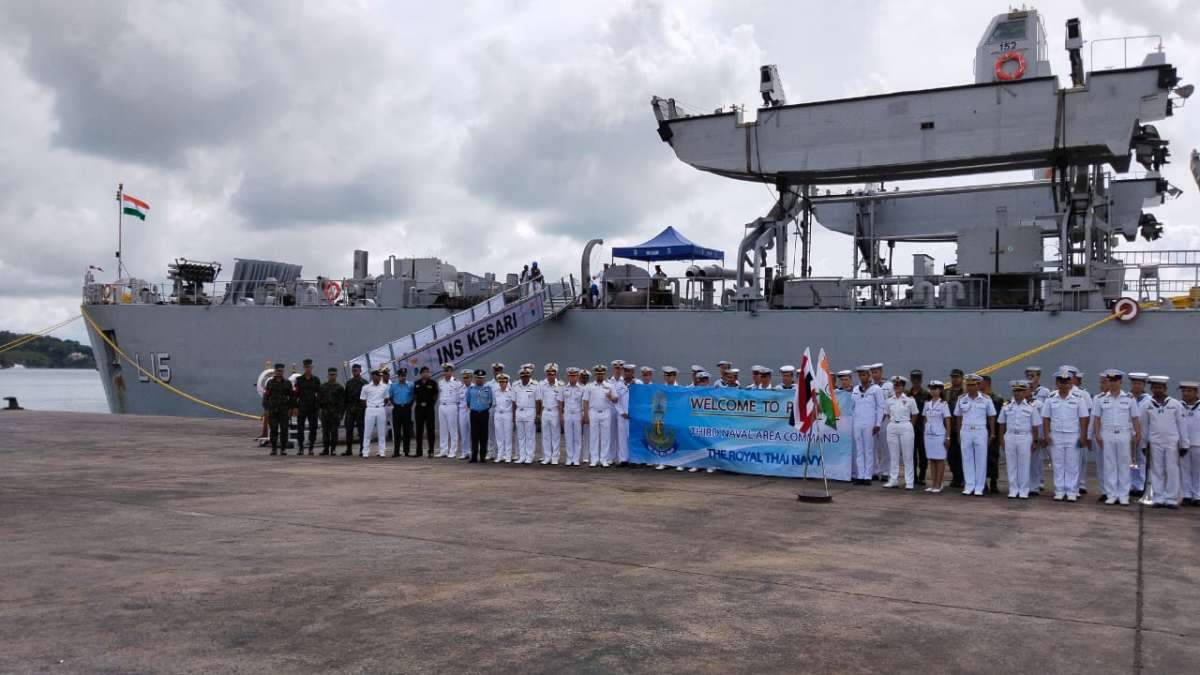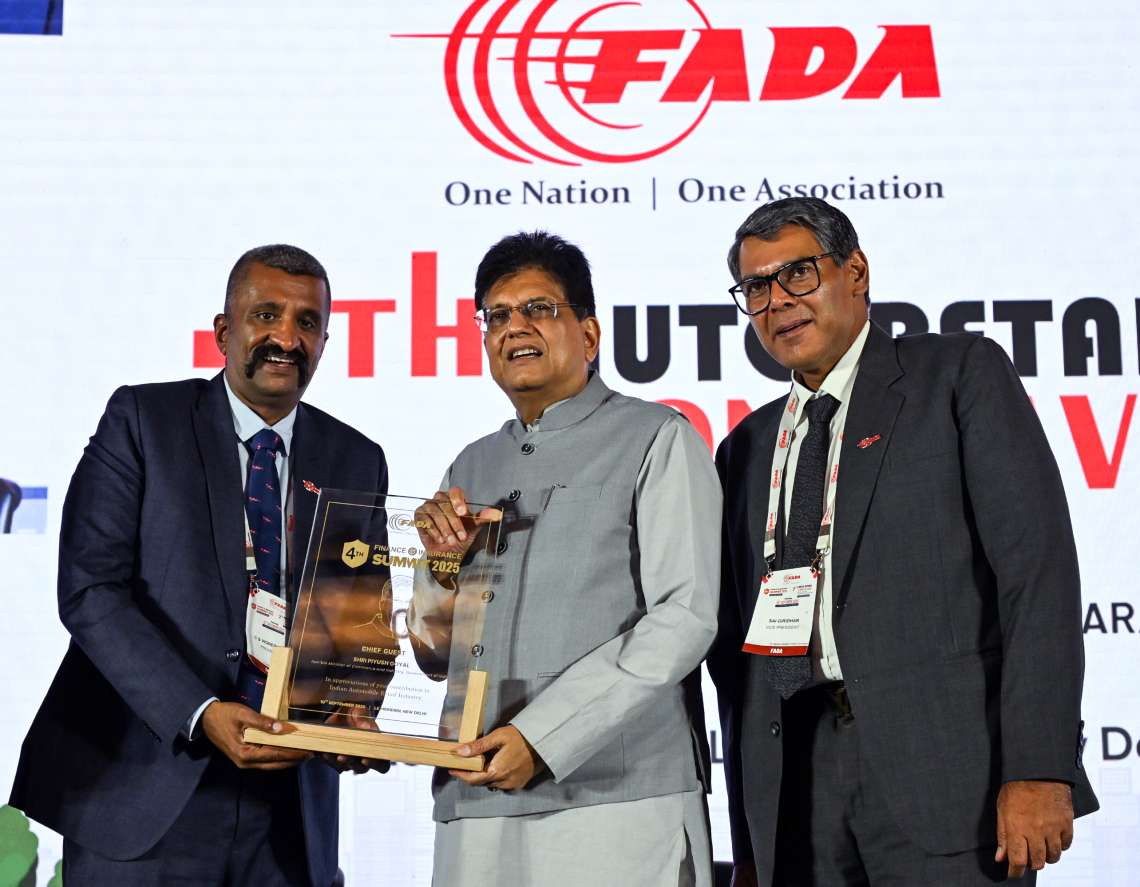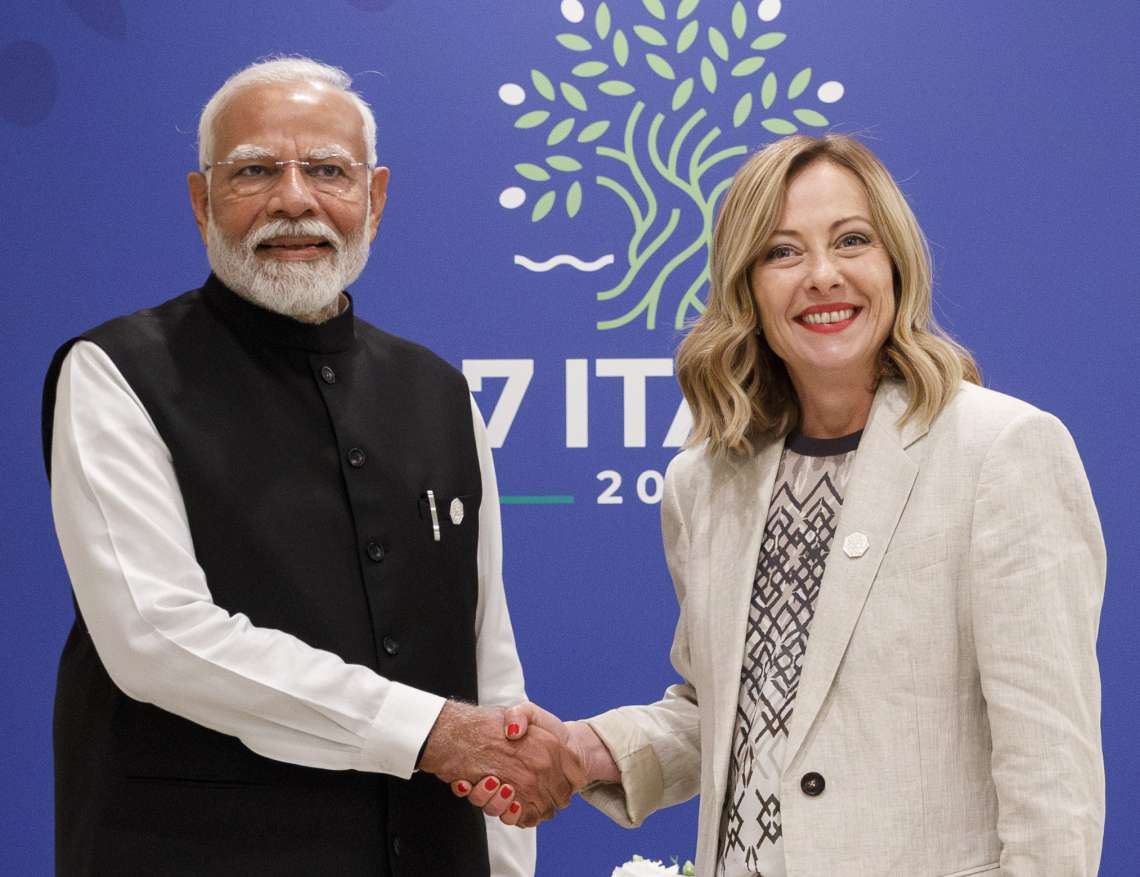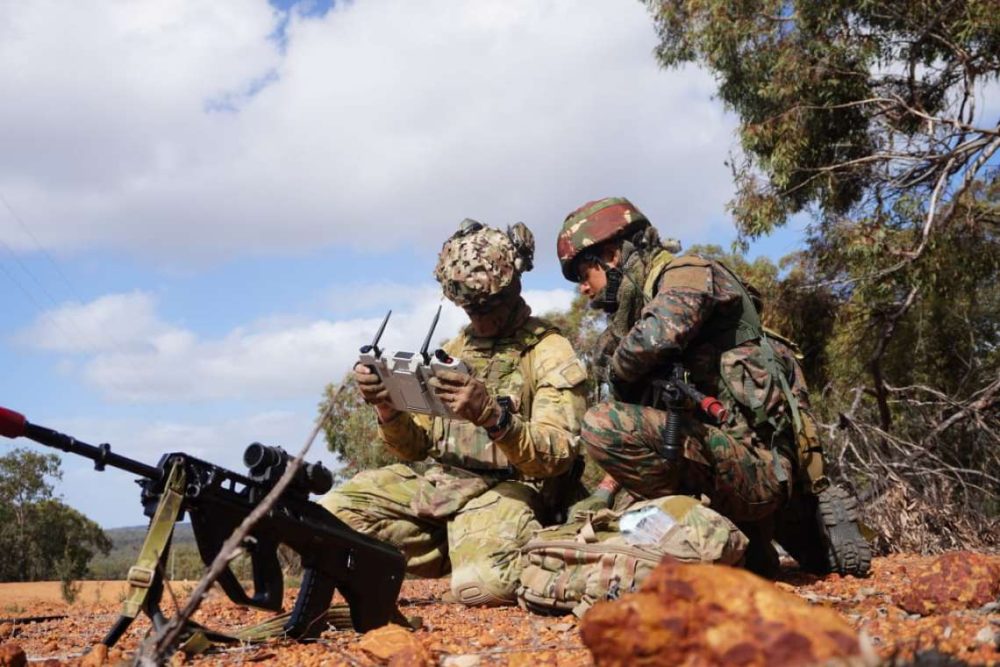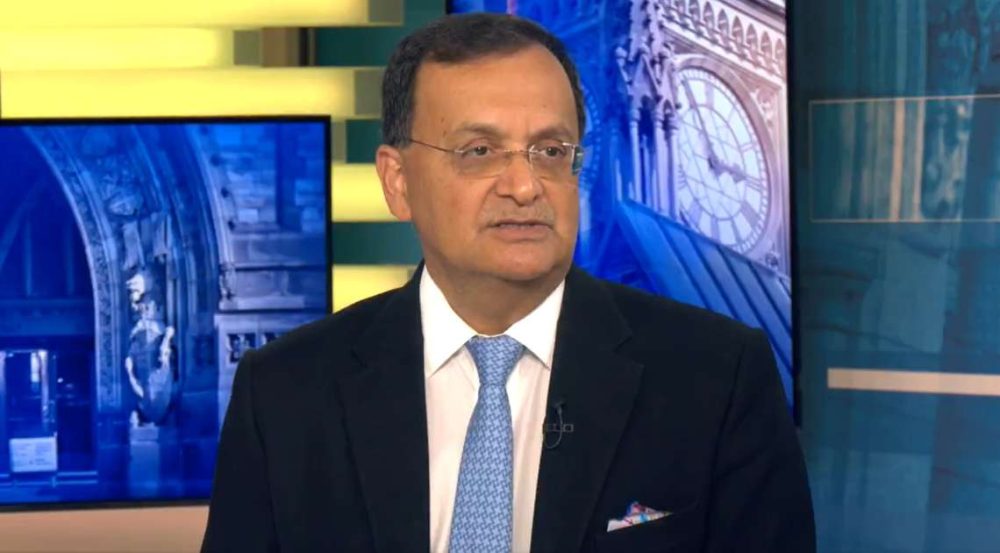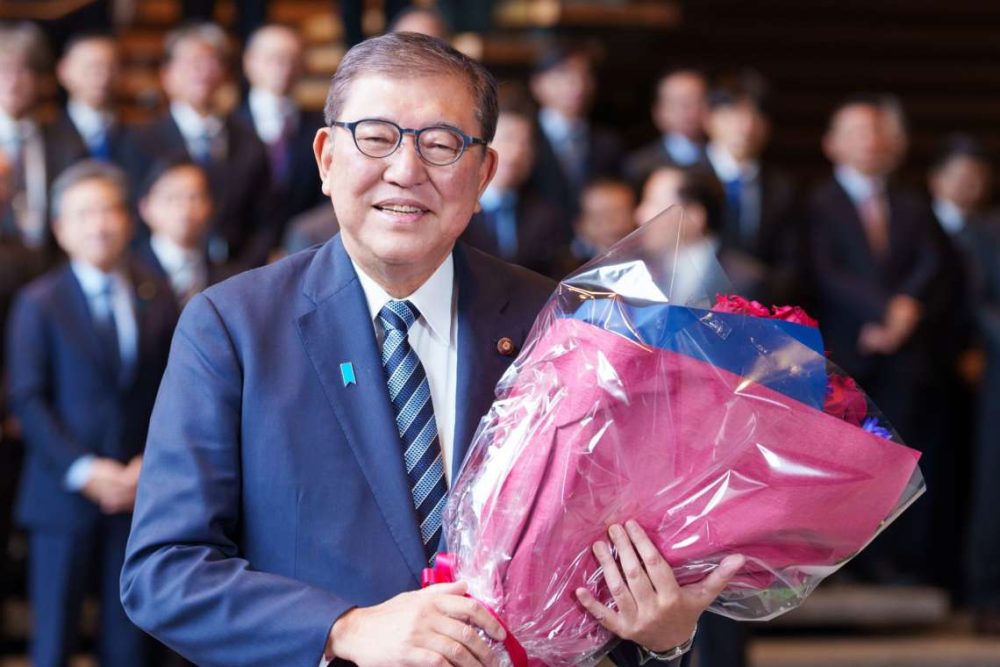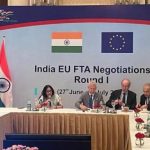India must accelerate EV adoption by 22% in five years, or risk missing its 2030 green mobility target, warns NITI Aayog….reports Asian Lite News
India will need to accelerate electric vehicle (EV) adoption by more than 22 per cent in the next five years to stay on track for the government’s target of 30 per cent EV penetration by 2030, according to a new report released by NITI Aayog.
The report sounded a note of urgency, highlighting that despite years of policy support, subsidies and awareness campaigns, EVs accounted for just 7.6 per cent of total vehicle sales in 2024. While this marks a significant rise from 50,000 units sold in 2016 to over 2.08 million units last year, the pace of growth has been slower than required.
“It has taken nearly a decade for EVs to secure a modest share of total sales,” the report noted. “To move from 7.6 per cent to 30 per cent in just six years, India will need a sharper policy push, stronger market signals and robust industry participation.”
Gaps between two-wheelers and trucks
India has shown promise in the electric two-wheeler and three-wheeler segments, where sales growth has been encouraging, and adoption levels are higher compared to cars. Electric buses are also gaining traction, particularly in metropolitan cities with supportive state policies.
However, electric cars remain a lagging segment, with adoption sluggish despite new launches and improved consumer awareness. Long-haul electric trucks, meanwhile, are still in the experimental phase and yet to make a commercial impact.
The report warned that unless significant investment and policy intervention are directed towards these underperforming categories, India risks falling far short of its 2030 goal.
Policy push and market challenges
NITI Aayog identified a series of barriers that are slowing India’s EV transition. Financing difficulties, particularly for commercial fleets like buses and trucks, remain a key hurdle. Regulatory gaps and inadequate access to credible data have also hindered evidence-based policymaking and planning.
The report recommends a shift from heavy reliance on financial incentives towards firmer mandates and regulatory disincentives for polluting vehicles. “Incentives have helped, but they have reached the limit of their impact. Now, India needs stronger regulatory signals for the next stage of EV growth,” the report said.
Another suggestion is to concentrate efforts on saturating EV adoption in select geographies first, rather than spreading resources thinly nationwide. Such a strategy, it argued, would create visible success stories that can be replicated in other states.
Gadkari’s call for fuel independence
The report’s release coincided with comments by Union Road Transport and Highways Minister Nitin Gadkari, who underlined the need for India to cut its reliance on imported fossil fuels. Speaking at the 7th Auto Retail Conclave of the Federation of Automobile Dealers Associations (FADA), Gadkari said India spends around ₹22 lakh crore annually on fuel imports, a figure he called unsustainable.
“We must make in India with our own strength. Alternative fuels, biofuels, hydrogen and electric vehicles are not just environmental necessities—they are economic imperatives,” he said.
Gadkari cited ongoing experiments with ethanol, isobutanol and methanol, including blending trials with diesel and marine engines. He also stressed the potential for electric tractors to cut costs for farmers while boosting energy security.
“Electric tractors can lower costs in agriculture, reduce pollution and strengthen the economy. This transition is essential,” he added.
The minister also urged the automobile industry to invest more in vehicle scrappage infrastructure, highlighting its dual benefit of reducing waste and creating new business opportunities.
Industry’s economic weight
At the same conclave, Shailesh Chandra, President of the Society of Indian Automobile Manufacturers (SIAM) and Managing Director of Tata Motors, drew attention to the auto sector’s economic heft.
He noted that the industry contributes over ₹20 lakh crore to the economy, generates more than ₹3.37 lakh crore in GST revenues, and supports 30 million jobs directly and indirectly.
Chandra welcomed recent GST cuts, predicting they would boost festive demand, and outlined SIAM’s initiatives to diversify fuel use. These include the Vidyutikaran programme for EV growth, Javik Pahal for biofuels, and Gas Gati Shilta for wider adoption of CNG and LNG.
He also emphasised the importance of OEM-dealer collaboration in improving customer experience and sustaining growth. “Close partnership between manufacturers and dealers will be crucial in ensuring India’s mobility transition is sustainable and customer-friendly,” he said.
Race against time
India’s EV journey has made strides in the past decade, but the coming years will determine whether the country can truly scale up to its ambitious 2030 target. With international benchmarks set by the US, EU and China already far ahead, India faces both a challenge and an opportunity.
The NITI Aayog report and ministerial calls for alternative fuels converge on one point: without a dramatic acceleration in adoption, India risks not only missing its climate targets but also deepening its vulnerability to volatile oil markets.
The next five years will be decisive for the country’s EV ambitions, and whether policy, industry and consumer behaviour can align in time may define India’s mobility future for decades to come.


